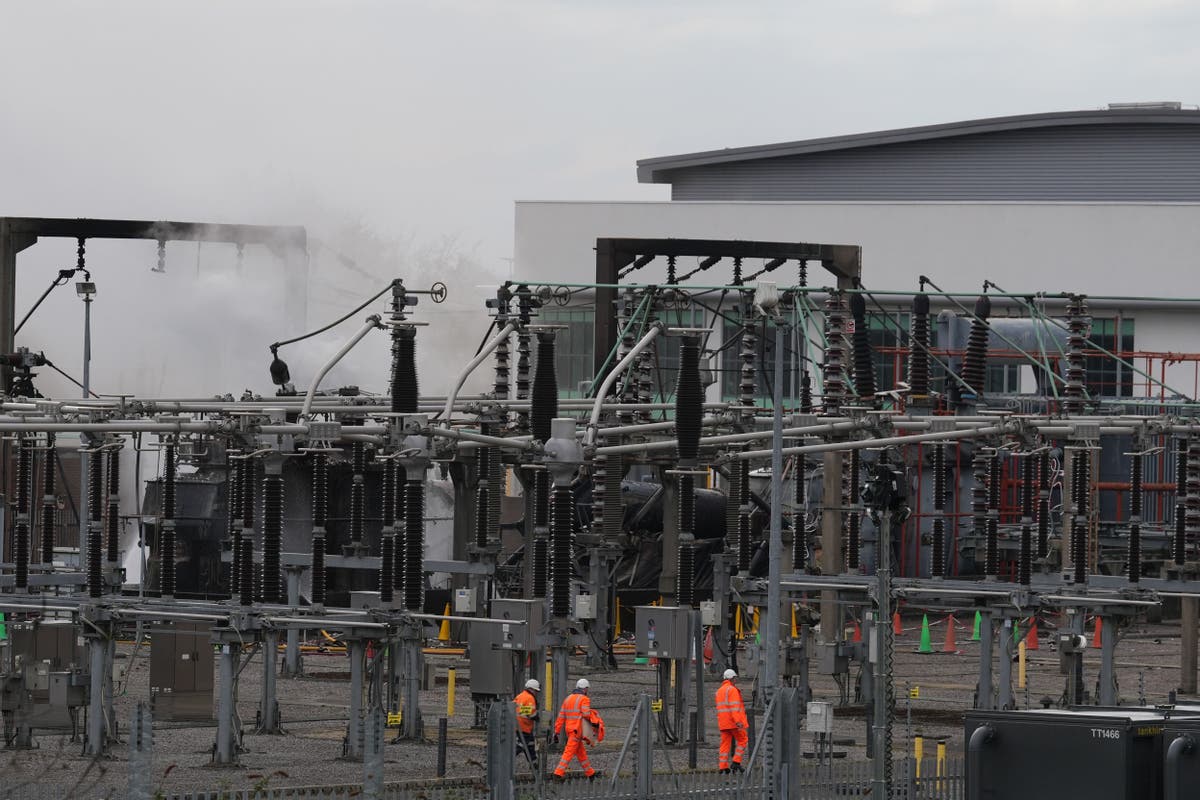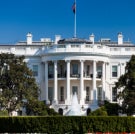Israeli forces will remain in southern Lebanon beyond the Sunday deadline in a ceasefire deal with Hezbollah, Benjamin Netanyahu has said, throwing the agreement into crisis.
Under the deal, which came into effect on 27 November, Hezbollah weapons and fighters must be removed from areas south of the Litani river and Israeli troops should withdraw as the Lebanese military deploys into the region, all within a 60-day timeframe due to conclude on Sunday at 4am (2am GMT).
The deal, brokered by the United States and France, ended more than a year of hostilities between Israel and the Iran-backed Hezbollah.
The fighting peaked with a major Israeli ground and air offensive that left Hezbollah severely weakened and displaced more than 1.2 million people in Lebanon.
The Israeli prime minister’s office said that the Israeli military’s withdrawal process was “contingent on the Lebanese army deploying in southern Lebanon and fully and effectively enforcing the agreement, while Hezbollah withdraws beyond the Litani”.
“Since the ceasefire agreement has not yet been fully enforced by the Lebanese state, the gradual withdrawal process will continue, in full coordination with the United States,” a statement from Mr Netanyahu’s office said.
The statement did not say how much longer Israeli forces might remain in south Lebanon, where the Israeli military says it has been seizing Hezbollah weapons and dismantling infrastructure. There was no immediate comment from Lebanon.
Hezbollah said on Thursday that any delay of Israel’s withdrawal would be an unacceptable breach of the agreement, with which the Lebanese state would have to deal “through all means and methods guaranteed by international charters”.
Israel said its campaign against Hezbollah aimed to secure the return home of tens of thousands of people forced to leave their homes in northern Israel by Hezbollah rocket fire.
It inflicted major blows on Hezbollah during the conflict, killing its leader Hassan Nasrallah and thousands of the group’s fighters, as well as claiming to have destroyed much of its arsenal.
Hezbollah was further weakened in December when its Syrian ally, Bashar al-Assad, was toppled, cutting its overland supply route from Iran.
There was no immediate comment from Lebanon or Hezbollah.
The White House did not immediately respond to a request for comment.
French Foreign Minister Jean-Noel Barrot, speaking at the World Economic Forum in Davos on Thursday, noted that Israel was removing forces from Lebanon and the Lebanese army was going to locations of Hezbollah ammunition stores and destroying them, but added that more time was needed to “achieve results”.
The Norwegian Refugee Council (NRC) said any “renewal of hostilities would be a devastating blow for civilians still struggling to rebuild their lives”.
“Regional and international mediators must ensure this truce evolves into a lasting ceasefire, with a firm commitment to protecting all civilians and civilian infrastructure,” Maureen Philippon, Country Director NRC in Lebanon, said in a statement.
More than 100,000 people remain displaced across Lebanon and the continued presence of Israeli troops is preventing civilians from returning home, according to the NRC.
Additional reporting by Reuters
Source: independent.co.uk



